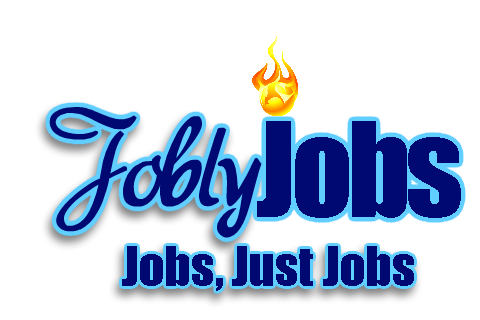You Must Have A Compelling Elevator Pitch To Stand Out In A Crowded And Competitive Job Market

An elevator pitch is loosely defined as a clear, concise and persuasive speech that lasts for about … [+]
If you were impacted in the white-collar recession and suffered a job loss—or are worried about being the next to go—it is mission-critical for you to create an elevator pitch.
An elevator pitch is loosely defined as a clear, concise and persuasive speech that lasts for about the same duration as an elevator ride. Since there’s not a lot of time, you must be prepared to immediately grab the person’s attention and articulate your value proposition within 30 seconds to a minute.
In an interview, networking event, career fair or serendipitous encounter, you want to be confident in sharing your background, skills, talents, experiences, education and credentials that make you a perfect fit for the job. You also want to express why you want this specific role with the company. Similarly, you will use this pitch when speaking to recruiters, human resources and people within your network that want to help you with the search and need to know more about you.
Updating your résumé and LinkedIn profile, finding recruiters in your space and networking is important, but nothing will happen if you can’t clearly and concisely sell yourself in the interview.
How To Build An Elevator Pitch
Humans have a short attention span. No one wants to hear a long, meandering narrative of your schooling, dating back to high school, and details of your work history, starting with your paper route. People want the cliff notes, a short, tight burst of facts, information and data that immediately catches their attention and makes them want to know more about you, as you’ve piqued their curiosity.
Start by studying the job description, looking at the people working in your space at your target companies and searching online to learn all about the firm, its mission statements, products and services. The rationale is that you want a comfortable understanding of the business, the types of folks who work at the organization and a vibe check on what’s happening at the company.
View your elevator pitch as a television advertisement. The company needs to capture your attention and sell you their product within 30 seconds. Similarly, politicians do the same thing with their talking points. They are prepared with the answers to commonly asked questions from reporters. When they go onto the next TV show, the experienced politician sticks to the script that works and doesn’t deviate from their targeted messaging.
Think of why you’re an excellent match for the job. If the job description has 10 bullet points, ensure you can address all the requirements. Prepare answers for each requirement listed in the job advertisement. The goal is to demonstrate that you have the right background and experience for the job.
The key is to continually role-play the pitch out loud, so it becomes second nature after a while. Not only does practice make it perfect, but it will also calm you down, as you’re confident and can’t wait to deliver the pitch in real life.
Come to the interview, whether online or on-site, with a smile, positive attitude and confident body language. State your full name and offer a couple of sentences about your job, responsibilities, why you want the role and the compelling reasons why you’re the perfect fit.
What Else You Can Use Your Elevator Pitch For
In addition to interviews, a version of your elevator pitch can be used on your LinkedIn profile, résumé and cover letter when applying for an opportunity. When hunting for a new job, you never know where a great lead can come from. The pitch comes in handy when you have a spontaneous encounter with a neighbor that works at a company you’d love to interview with, at a career fair, industry-specific conference or networking event.
What Not To Do
Keep in mind that you are selling yourself. I’ve interviewed people who are smart, capable and graduates of elite universities, but are too nervous because they didn’t practice their pitch, feel entitled to the job because of their pedigree or are uncomfortable extolling their virtues.
In the current competitive job market, interviewers will meet with many people, as thousands of white-collar professionals were downsized. You’ll need to stand out and shine above the rest. Over the last 25 years of recruiting, more often than not, I’ve patiently listened to job seekers ramble too much, unable to describe what they do succinctly and incapable of articulating reasons why they are the best fit.
Some candidates don’t do homework, erroneously believing that the hiring manager would automatically want to hire them just because they’ve been in a similar role for 10-plus years. When it comes time for the questions-and-answers part of the conversation, it’s painfully clear to the human resources person that the person didn’t even conduct a modicum of research and demonstrated an uncomfortable lack of substantive knowledge of the company.



